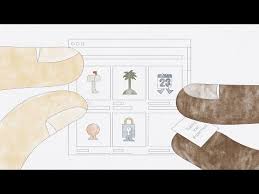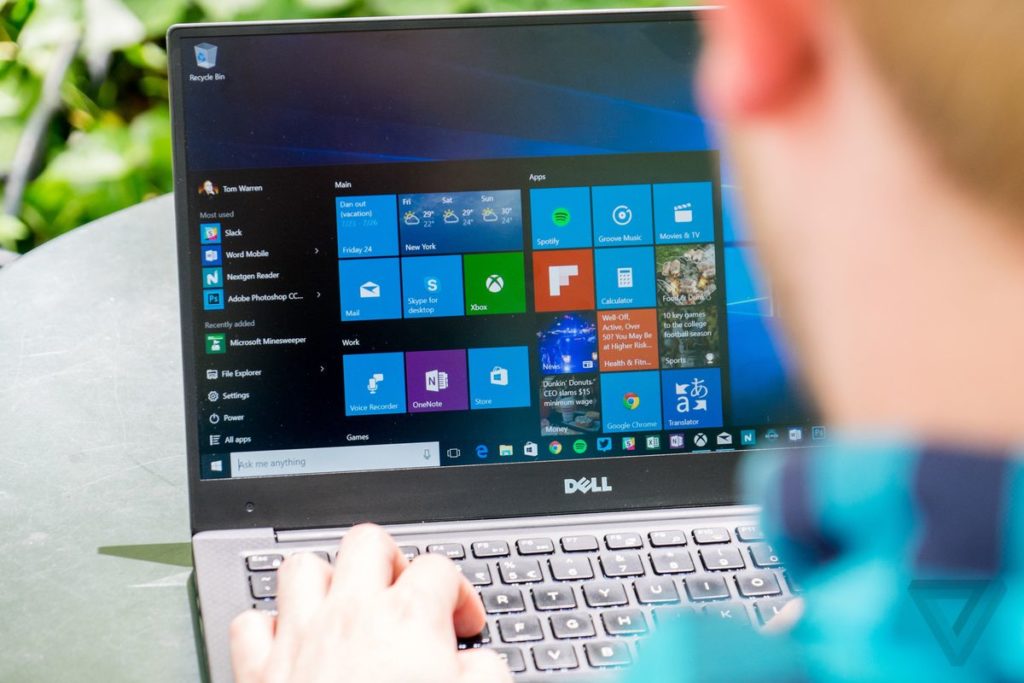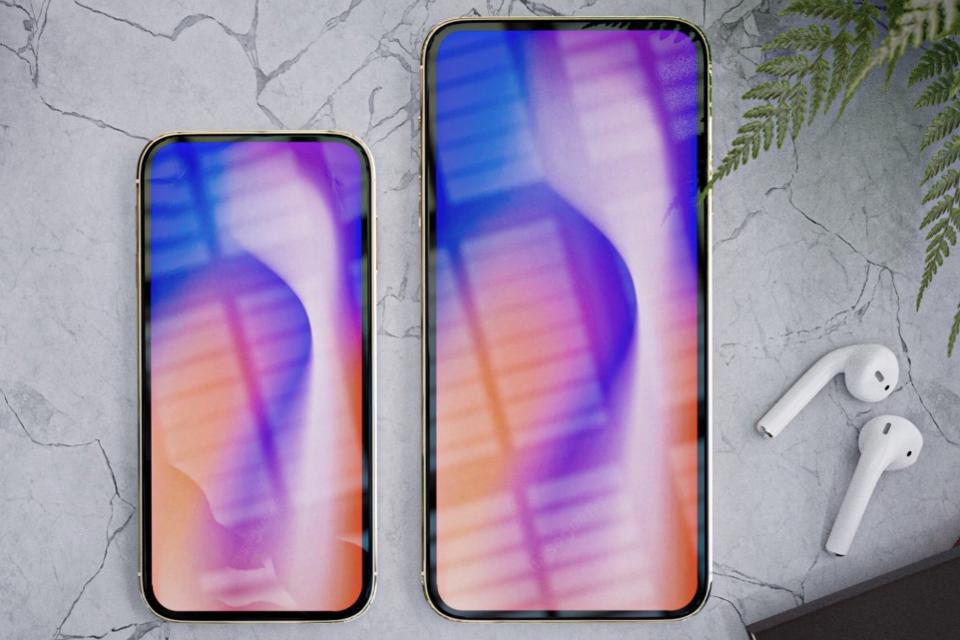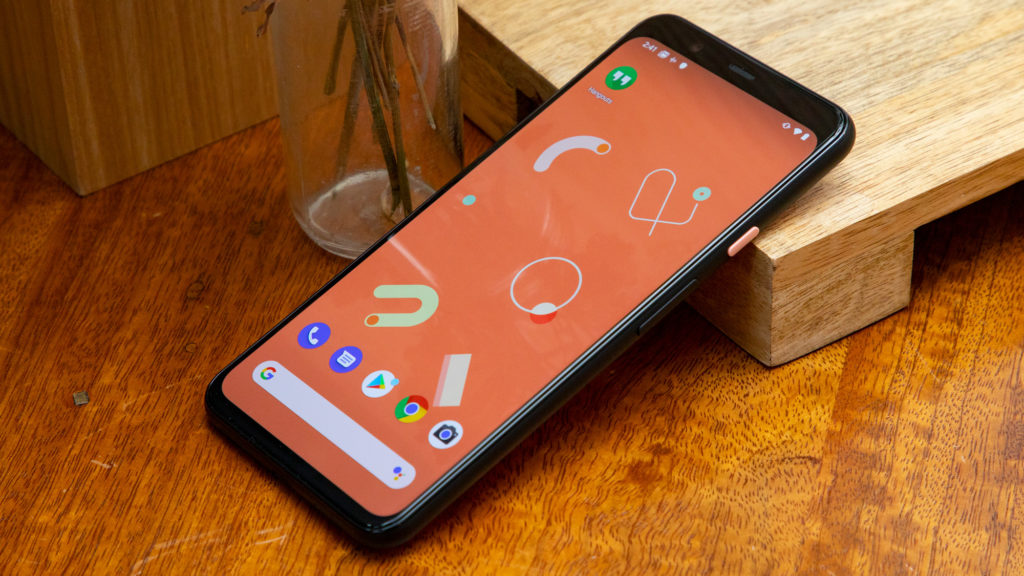Following the presentation of its advanced prosperity devices for Android at Google’s I/O engineer gathering a year ago, the organization has since extended the list of capabilities to incorporate new choices, similar to Focus mode and better parental controls for families with kids. Presently, Google is having a go at something new. The organization today presented a lot of “experimental” applications intended to assist clients with being better mindful of their gadget use and lessen their screen time.
The applications, which are a piece of another Digital Wellbeing Experiments stage, are altogether different from their standard screen-time controls. They’re publicly released activities intended to kickstart out-of-the-container thinking, yet not really should have devices.
One test, Unlock Clock, essentially gives people how frequently people open their telephone.
Another, people Flip, gives a gathering of companions or a family a chance to separate from innovation inside and out by flipping a major switch. What’s more, in the event that anybody opens their telephone, the session closes for everybody — practically like making screen time an aggressive family sport.
Desert Island and Morph, in the mean time, adopt an application driven strategy to screen-time decrease. The previous expects people to go a day with just their most fundamental applications, while the last causes people remain centered by giving people the privilege applications at the correct time of day.
That thought had been well known in years past with Android launchers, similar to Cover, EverythingMe and Aviate, for instance. In those cases, distinctive homescreen arrangements and gadgets would seem dependent on what time of day it was and what people were doing. In any case, the possibility of cell phones that customized themselves to our needs never truly took off — maybe on the grounds that these equivalent encounters would never progress to iOS, where Apple’s confinements constrained how much customization should be possible.
The Post Box trial is one of the more fascinating manifestations — it offers to hold their notices until whatever time suits people.
Warning spam is currently seemingly one of the most noticeably awful reactions of turning into a cell phone client. It’s so awful, truth be told, that both Apple and Google have needed to update ways for clients to reassert control at the OS level.
Prior this year, Apple CEO Tim Cook even said that they has gutted his iPhone’s warnings, touting the iOS highlight to do as such as a type of extraordinary creation — when in actuality it was Apple’s defective structure of the notice framework in any case that enabled engineers to consistently intrude on us with their unimportant pings.

A post box style framework — like this new Google analysis gives — was another conspicuous decision, however one that wouldn’t have permitted an application biological system to bloom.
At that point there is the most capricious test of all: Paper Phone.
This application will print people a custom booklet of the basic data people need that day, including most loved contacts, maps, gatherings, assignments, climate information and that’s only the tip of the iceberg.
People would then be able to take a brief break from their gadget, without surrendering access to their must-have data. It resembles time-traveling for those of us mature enough to recollect life before cell phones, and a little endowment of opportunity for the individuals who have never been without.
Google says this new Digital Wellbeing Experiments stage is open for commitments from any originators and designers who need to share their thoughts for an increasingly offset association with innovation.
“We hope these experiments inspire developers and designers to keep digital well-being top of mind when building technology. The more people that get involved, the more we can all learn how to build better technology for everyone,” said Google.
Intrigued benefactors can download the “Hack Pack” and open-source code accessible on the webpage to begin.
The trials just keep running on Android and are offered for download on the Play Store.
While the new tests are less about fixing existing Google items and progressively about playing around with new thoughts, Google has a few other screen-time/prosperity activities in progress, including its Android local prosperity includes, YouTube’s “take a break” updates and other screen-time controls, Google Assistant’s breeze down schedules, Gmail mechanizations like auto-answer and send later, Google Family Link and that’s only the tip of the iceberg.
Disclaimer: The views, suggestions, and opinions expressed here are the sole responsibility of the experts. No The Daily News Journal journalist was involved in the writing and production of this article.



